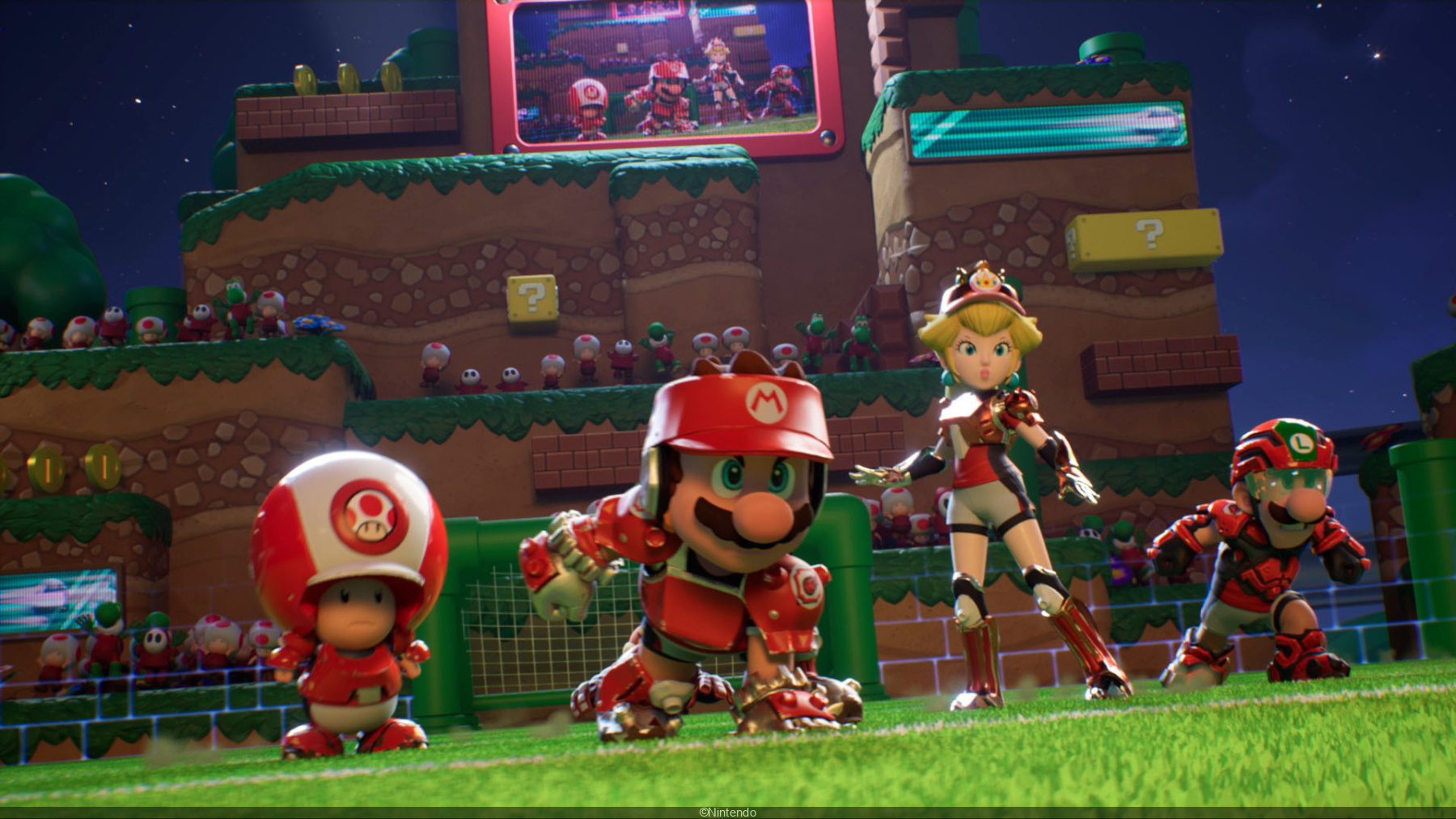After being the revelation of the Temps d'Images festival in 2013 with this same piece, the 104 wanted to honor Christiane Jatahy. Julia was played from October 18 to 22 for a second series at 104.The Brazilian version of Strinberg's Mademoiselle Julie has once again conquered the packed houses.
125 years after Strinberg, a Julia transposed to Brazil
With Mademoiselle Julie, Strinberg had explored the transgression of the social order. By the impossible love of his two characters, one from the dominated class and the other from that of the masters, Strinberg had shown the impossibility for two beings of opposite classes to love each other. Julia is the impossibility of agreeing and considering oneself as equals, despite the attraction.
Brazilian director Christiane Jatahy takes up this fable and, erasing all the secondary characters, projects her black servant and white aristocrat into a powerful and carnal Brazilian lock-up.
In Julia, it all begins with the "homemade" film of a father filming his daughter. We understand their relationship from the moment the images appear on the screen: a father under the spell of his daughter, who can not help but stare at her and monitor her through the camera. Little Julia, on the other hand, seems to enjoy being pursued by the lens. Very young, she already knows how to play with the codes of cinema: she appears, disappears, is prayed to, pays particular attention to the setting in which she is filmed (even if it means "cleaning" the frame of the black gardener then at work)
Then a short sequence about the teenage Julia who refuses to be filmed brings us closer to Strinberg's story: Maybe it was at the time of his mother's suicide?
A striking piece in substance and form
Then here we are in the present, an evening is in full swing in the garden of the property while the father is about to return from a business trip. The young teenager has grown up. Here she is in a short dress, enticing an older man, Jelson, who turns out to be her servant.
Soon, we find them between the kitchen and Jelson's room, the game of seduction is at its peak. Under the influence of alcohol and transgressive love, the sexual act takes place. We are no longer in the era of Strinberg, and Christiane Jatahy requires an intense physical commitment from her actors. Never has Strindberg's text resonated as much as in this prolonged physical act. Through its bestiality, it highlights the differences in language, dreams and projects of the two characters.
Then, nothing will be the same again. Julia will be "defiled", torn between remorse, shame and arrogance at its highest point. From then on, and throughout their verbal and physical jousting, Julia and Jelson will have almost nothing but contempt for each other. However, their destinies are now linked and the outcome is inevitable…
The camera for tenfold emotions
Christiane Jatahy's masterstroke comes from the introduction of the camera in this impossible love story more than a century old. Between theater and performance, the two forbidden lovers are scrutinized by the lens. Each of their breaths, their eyelid beats, their lip trembling is revealed by this indiscreet on mobile screens of the nude scene of 104.The cameraman himself acts as a relay between the poignant and sometimes violent emotion of the scene and the feelings of the spectators.
If it often happens that theater and screens go very very bad, with Julia, Christiane Jatahy has perfectly intertwined them. The images filmed live support the narrative, broaden the subject and extend it. The relationship to voyeurism in our society is also questioned by the omnipresence of screens: we sometimes find ourselves watching them more than the actors, yet so charismatic and committed to their game.
Between theater and cinema, a success!
The barriers between cinema and theatre are totally blurred. Especially since the passages between moments of theater and cinema, or even their superposition, are surprisingly fluid and relevant. The camera pushes the boundaries of theatre and offers a hitherto unexplored approach to history. The transgression of social classes turns into transgressions of the codes of theatricality in a perfectly mastered parallel.
In the same way, the play breaks therules of the theater when Julia Bernat, Christiane Jatahy's favorite actress, breaks the fourth wall at the end of the play, and addresses us directly in French. She goes so far as to break the walls of the room by going out into the hall of 104, always followed by the cameraman. To end up completely out of her role, and express to us the difficulties she has to play it. Pure moment of complicity with the public that Julia Bernat sublimates by a true emotion and skin deep.
In a nutshell and to conclude, Christiane Jatahy's captivating staging is matched only by the fascinating duo of actors! No dates in France yet, but if Julia comes back to haunt the theaters, go for it!







































